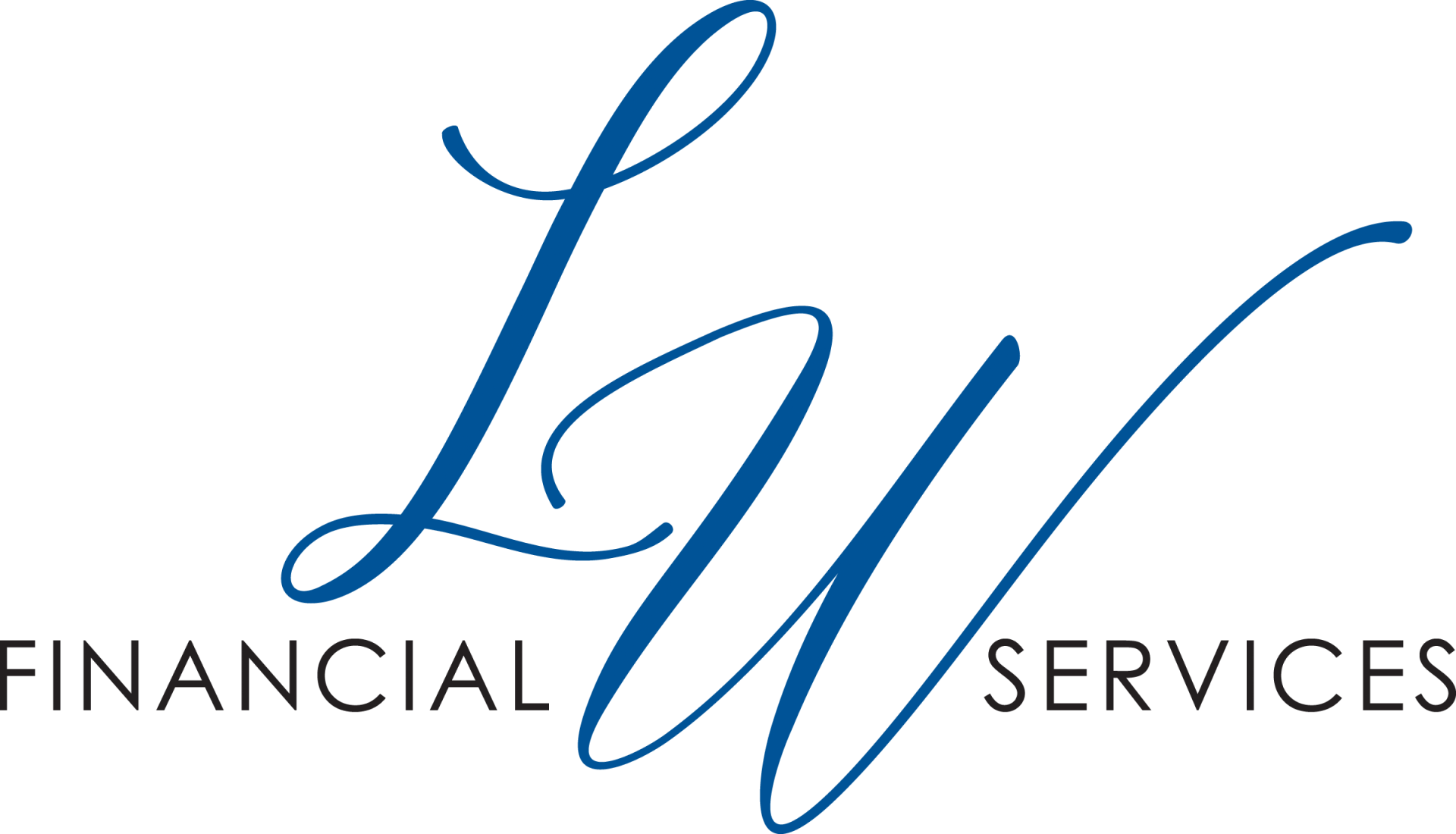MORTGAGE LOAN BASICS
Mortgage Loan Basics
Home Buying Basics
Buying a new home is probably the largest financial transaction you've done to date. That's why it's so important to make the right decisions and work with the right people. With the help of your Real Estate Agent and Loan Officer the process of buying your home should be a pleasant and rewarding experience. We'd like to walk you through some of the basics of purchasing a home.
Count On Your Real Estate Agent to:
Your real estate agent is here to help you look at available homes. They can help you find the best homes for your family and budget and help you decide which homes are a good buy or which homes might have to be discounted if you decide to sell in the future.
They can also help negotiate the best deal for you. When you have a pre-qualification letter from us in hand, your real estate agent can show that you are a qualified and capable borrower which can strongly influence sellers when considering your offer. This can can mean the difference between the seller accepting your offer over someone else's - even if your offer is lower.
Count On Your Mortgage Broker & Loan Officer To:
Your mortgage broker and loan officer are here to assist you in selecting the best loan to meet your personal situation and goals. They are also keep you informed of your loan status throughout the entire home buying process.
They also work with your real estate agent to keep them informed of your loan progress.
When we are your mortgage broker, we make sure that you get the appropriate loan for you at the best rate and fees. This saves you a significant amount of money up from and throughout the life of your loan.
They also work with your real estate agent to keep them informed of your loan progress.
When we are your mortgage broker, we make sure that you get the appropriate loan for you at the best rate and fees. This saves you a significant amount of money up from and throughout the life of your loan.
Count On Yourself To:
Follow the 10 commandments when applying for a mortgage loan.
1. Thou shalt NOT change jobs, become self-employed or quite your job.
2. Thou shalt NOT co-sign a loan for anyone.
3. Thou shalt NOT buy a vehicle.
4. Thou shalt NOT use credit cards excessively or make late payments on any accounts.
5. Thou shalt NOT spend money you have set aside for closing cots.
6. Thou shalt NOT omit debts or liabilities from your loan application.
7. Thou shalt NOT buy furniture, appliances or household items before closing.
8. Thou shalt NOT originate any inquiries into your credit.
9. Thou shalt NOT make large deposits without first consulting your mortgage consultant.
10. Thou shalt NOT make changes to your bank statements.
2. Thou shalt NOT co-sign a loan for anyone.
3. Thou shalt NOT buy a vehicle.
4. Thou shalt NOT use credit cards excessively or make late payments on any accounts.
5. Thou shalt NOT spend money you have set aside for closing cots.
6. Thou shalt NOT omit debts or liabilities from your loan application.
7. Thou shalt NOT buy furniture, appliances or household items before closing.
8. Thou shalt NOT originate any inquiries into your credit.
9. Thou shalt NOT make large deposits without first consulting your mortgage consultant.
10. Thou shalt NOT make changes to your bank statements.
Mortgage Application Checklist
To get a head start on your financing, begin collecting the following documents.
These documents are often required to complete your purchase.
These documents are often required to complete your purchase.
From all borrowers:
____ A valid driver's license or other government-issued photo identification, date of birth and Social Security number.
____ Most recent statements (last 2 months) fro all checking, savings, stock, mutual funds, IRAs or other liquid asset accounts. Single deposits in excess of 10% of your gross monthly income and multiple deposits in excess of 20% of your gross monthly income will need to be documented as to the source of the funds. If funds for closing costs and/or down payment will be from the receipt of gift funds, please let us know in advance so we can provide you with a list of the documentation required for this type of asset.
____ Up-to-date addresses and landlord/mortgage company information for the past two y ears.
____ Loan information, including balance, monthly payment and any rents collected for other real estate owned, if applicable.
From salaried borrowers:
____ Most recent pay stubs (for the past 30 days).
____ SSI/Disability/Pension award letters.
____ W-s/1099 forms for the past two years and personal 1040 tax returns including all schedules.
____ W-s/1099 forms for the past two years and personal 1040 tax returns including all schedules.
From self-employed borrowers:
____ Corporate 1120S/partnership 1065 tax returns for the past two years, if you won 25% or more of the company.
____ Year-to-date profit and loss statement and balance sheet.
____ Most recent personal 1040 tax returns with all schedules from the past two years.
For purchase loans:
____ Copy of sales contract.
____ Contact information for the insurance agent that will provide insurance for the home.
For refinance loans:
____ Survey of your property.
____ Copy of current mortgage statement.
____ Copy of current mortgage note.
____ Copy of current homeowners insurance declarations page.
____ Copy of current homeowners insurance declarations page.
____ Deed of trust.
____ Settlement statement from the time of purchase.
Depending on your situation, you may also need:
____ If you have been divorced: A certified copy of the final divorce decree including all pages, that have been fully executed by all parties, including the judge.
____ If you have been divorced: A certified copy of the final divorce decree including all pages, that have been fully executed by all parties, including the judge.
____ If you have had credit disputes: Documentation pertaining to any resolved or unresolved issues.
____ If you have previously filed a bankruptcy petition: A copy of entire bankruptcy documents including a copy of the discharge notice.
____ If you have sold property in the last three months: A copy of the settlement statement.
Mortgage Loan Calculator
The information provided by these calculators is for illustrative purposes only. The default figures shown are hypothetical and may not be applicable to your individual situation. Be sure to consult a financial professional prior to relying on the results. The calculated results are intended for illustrative purposes only and accuracy is not guaranteed.
Why Use a Broker?
Independent mortgage brokers have had a significant positive impact on the lending industry. Today, the use of a professional mortgage broker is one of the key strategies used by sophisticated borrowers.
What is a Mortgage Broker?
A mortgage broker is an independent real-estate financing professional who specializes in the origination of residential mortgage loans. Mortgage brokers normally pass the actual funding and servicing of loans on to wholesale lending sources.
A mortgage broker is also an independent contractor working with (on average) as many as 40 lenders at any one time. By combining professional expertise with direct access to hundreds of loan products, your broker provides the most efficient way to obtain financing tailored to your specific financial goals.
What Do Mortgage Brokers Do?
In the volatile home-lending market, mortgage brokers can serve as safeguards, offering their clients security, safety, and peace of mind. One of the broker's most important functions is escorting your loan application through the entire process, constantly patrolling the component transactions for possible breakdowns.
A professional mortgage broker can wade through the mountains of rate data and program options, researching current market conditions to find the most accurate and up-to-date information about cost-effective loan options.
Brokers Handle the Details!
There are literally thousands of variables that can affect the outcome of your mortgage transaction. That's why you need a mortgage broker to act as a liaison between the title and escrow company, real estate agent, lender, appraiser, credit agency, the underwriters, the processors, attorneys, and any other services which may affect your transaction.
A Mortgage Broker Also:
• Discusses and explains financing program options
• Informs you, in writing, of lock-in options
• Explains all documents of the loan application
• Explains all associated costs of the loan application
• Explains the disbursement of all loan applications
• Explains the loan process, from application to closing
• Provides you with a good faith estimate of cost and fees
• Communicates with you throughout the loan process in a timely manner
• Coordinates the final closing of your transaction
Are you ready to get started?
Take the first step and fill out your mortgage loan application today.
APPLY FOR A MORTGAGE LOAN NOW

Lisa Warren, PresidentNMLS#347314 NMLS#1570626
QUICK LINKS
SERVICES
"CONSUMERS WISHING TO FILE A COMPLAINT AGAINST A COMPANY OR A RESIDENTIAL MORTGAGE LOAN ORIGINATOR SHOULD COMPLETE AND SEND A COMPLAINT FORM TO THE TEXAS DEPARTMENT OF SAVINGS AND MORTGAGE LENDING, 2601 NORTH LAMAR, SUITE 201, AUSTIN, TEXAS 78705. COMPLAINT FORMS AND INSTRUCTIONS MAY BE OBTAINED FROM THE DEPARTMENT’S WEBSITE AT WWW.SML.TEXAS.GOV. A TOLL-FREE CONSUMER HOTLINE IS AVAILABLE AT 1-877-276-5550."
Copyright © 2019 L W Financial Services Inc
Copyright © 2019 L W Financial Services Inc
Copyright © 2019 L W Financial Services Inc | Website designed by:
Viral Growth Marketing + Design
